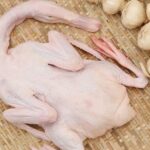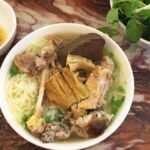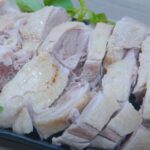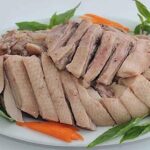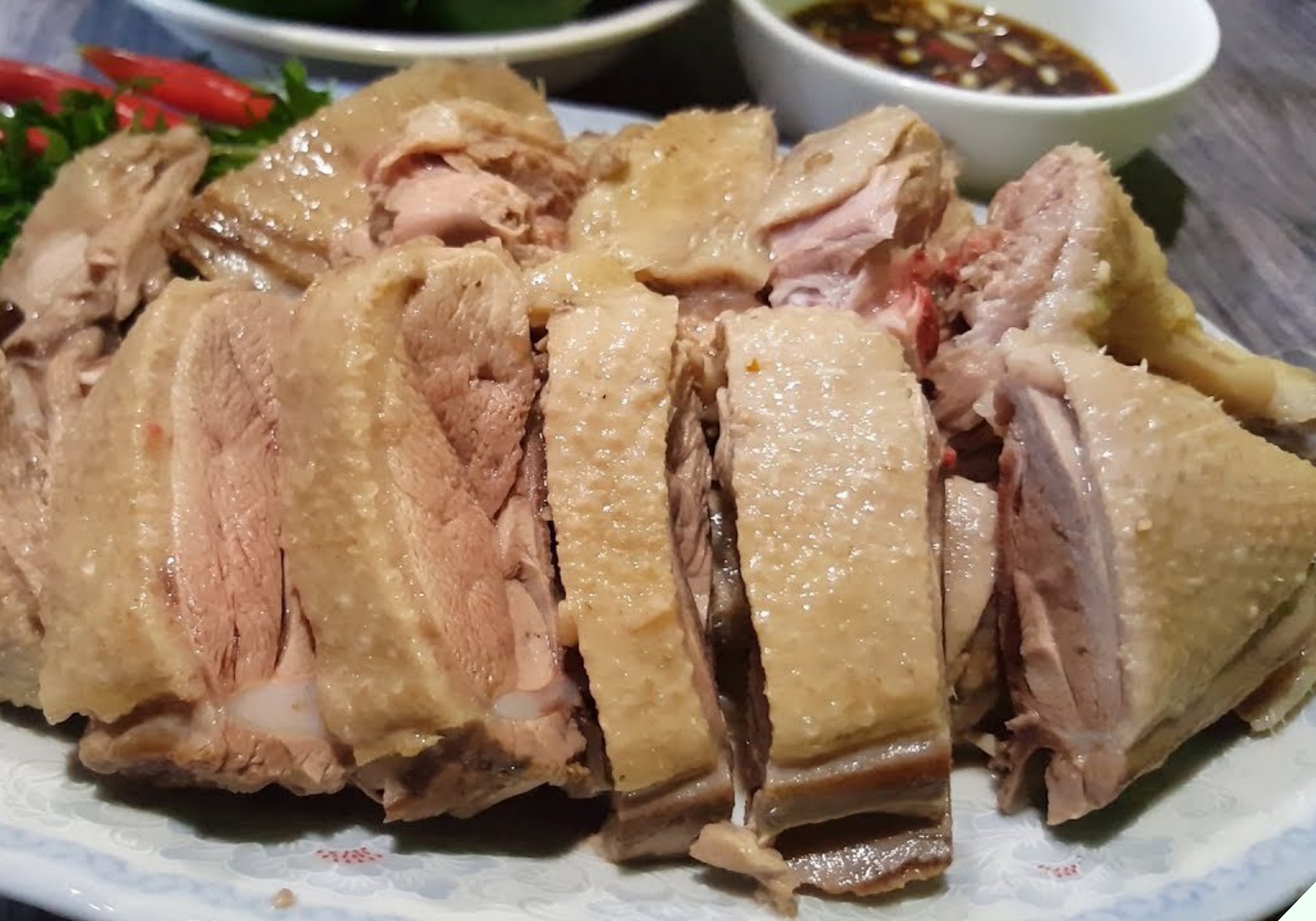
Duck meat is delicious, but the process of cleaning it can be a hassle due to the excessive amount of downy feathers. These feathers are short and challenging to pluck, leading many people to opt for outsourcing the butchering process. However, some external butchers use pine resin to speed up the cleaning process, which can negatively affect your health.
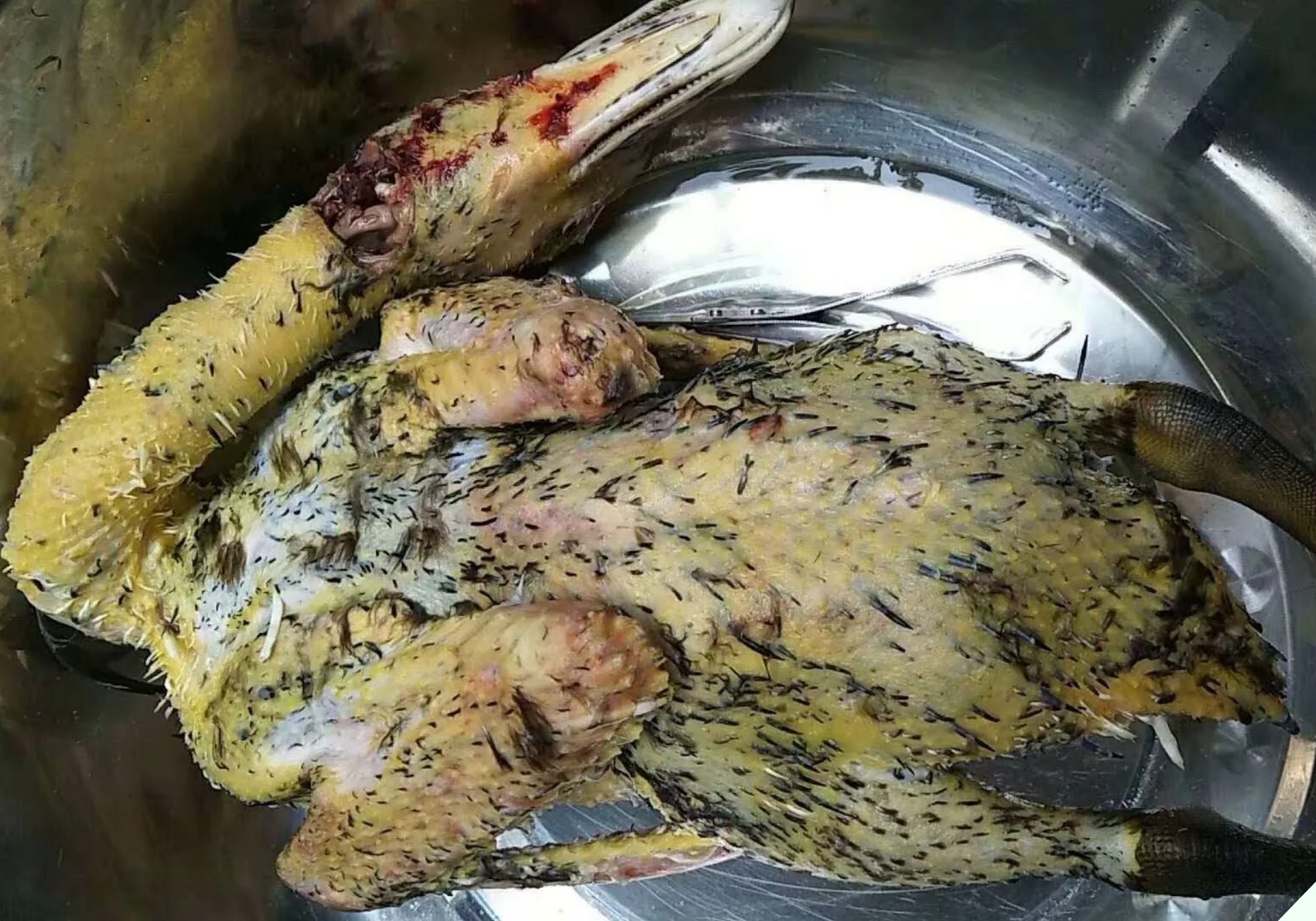
Therefore, it’s best to clean your duck or chicken at home. Don’t worry about the downy feathers; the following two tips will ensure that even the thickest coat of feathers will be removed in an instant.
1. Add Alcohol
You may not know this, but alcohol is not only great for neutralizing fishy smells; it also helps remove downy feathers with ease. Simply pour a bowl of alcohol over the duck’s body and let it sit for about 10 minutes. This will open up the pores, making it easier to pluck the feathers, including both regular and downy ones, without much effort.
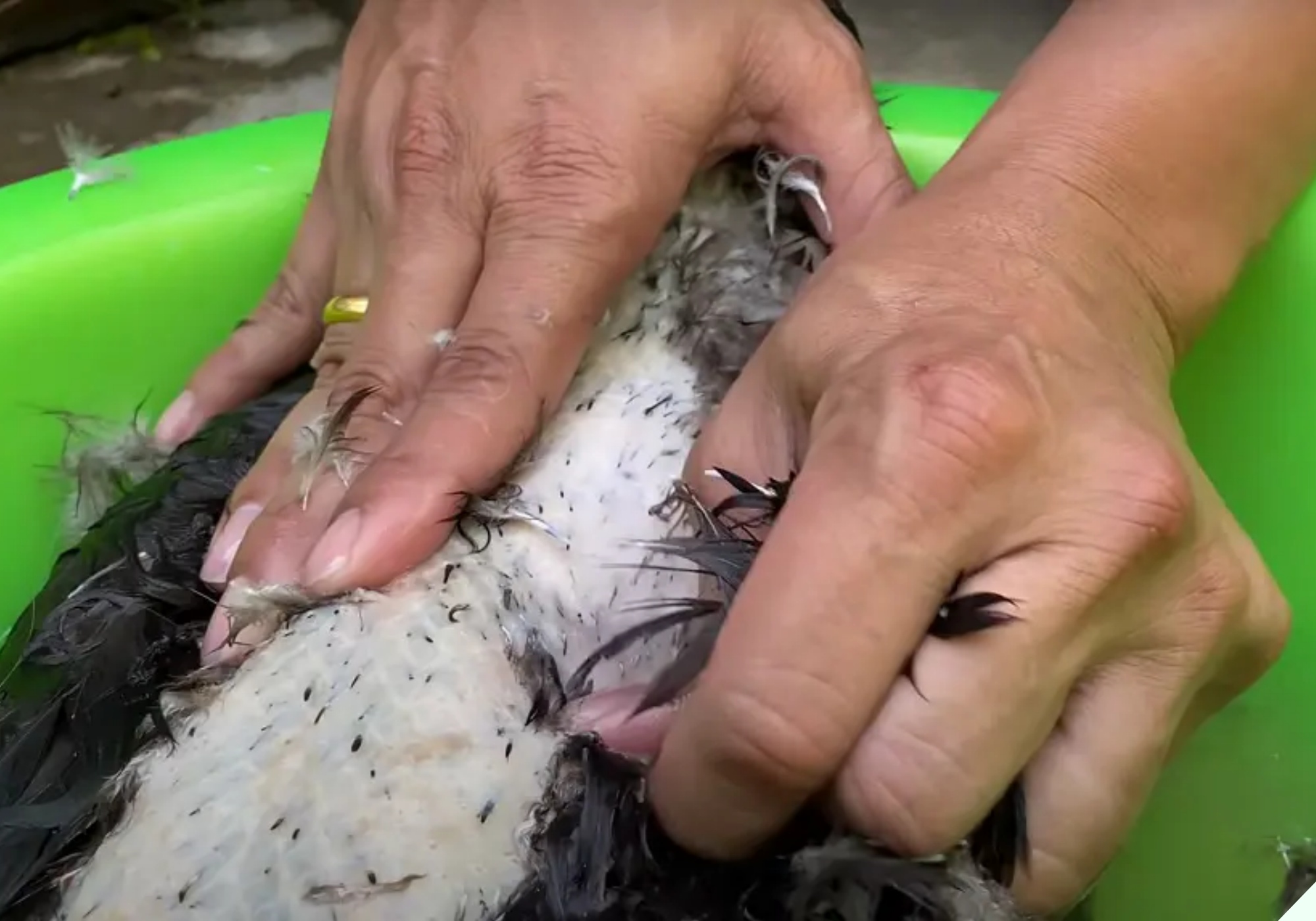
2. Use Salt
In addition to alcohol, salt is another powerful tool. After cutting the duck’s throat, immerse it in a basin of cold water to wash away the blood and any external dirt. Then, dip the duck into a basin of hot water mixed with 2-3 spoonfuls of salt. Now, lift the duck out and start plucking the feathers in the opposite direction. This will ensure that all the feathers on the duck’s body are completely removed.
Some Notes on Duck Feather Removal
– Don’t use water that is too hot for feather removal. Water at 60-70°C is ideal, as higher temperatures will cause the pores to contract, making feather plucking difficult. Additionally, high temperatures can cause the duck’s skin to crack.
– For any remaining downy or fine feathers, you can use your hands or tweezers to pluck them out.
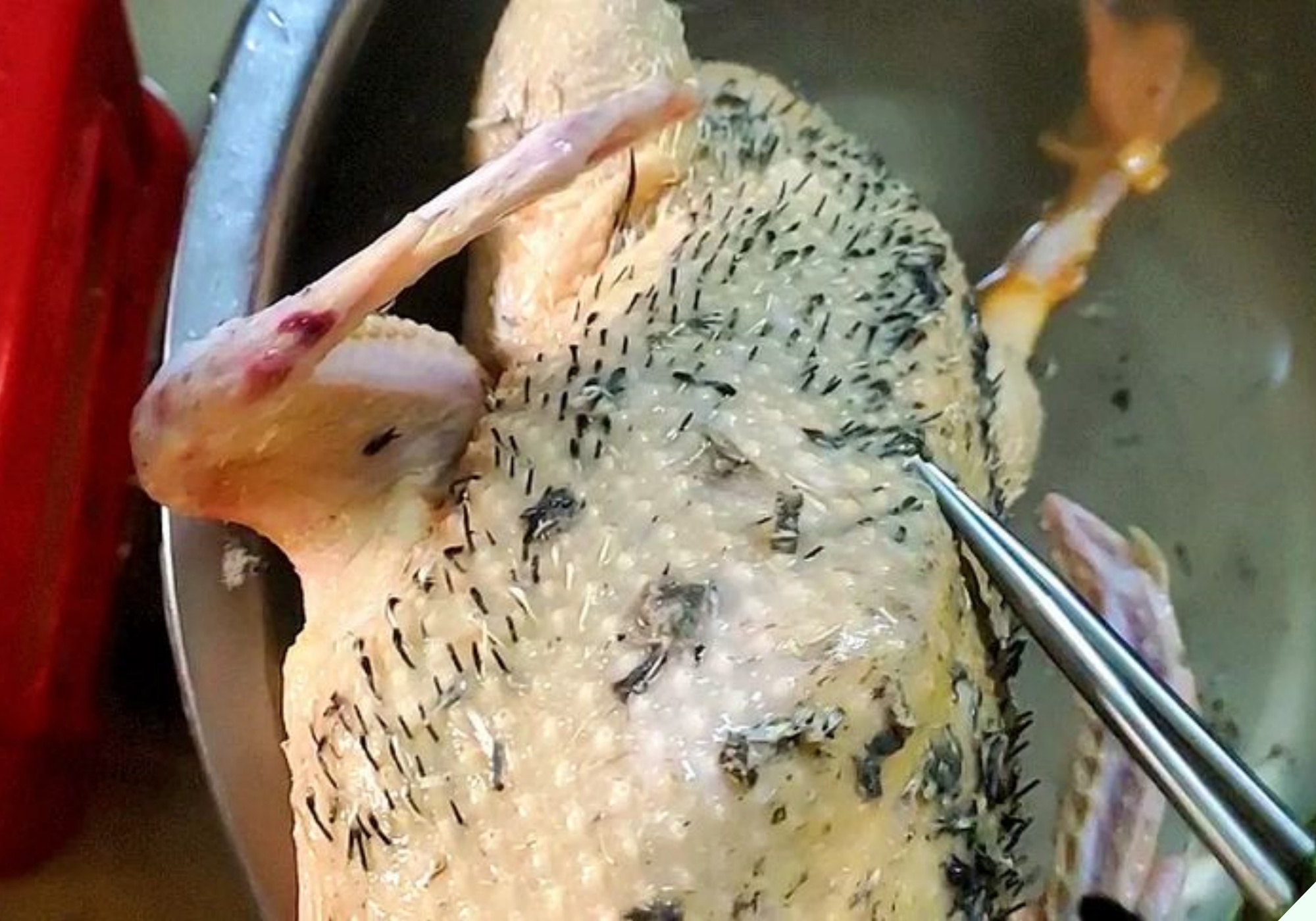
– Be decisive and firm when plucking feathers. Pull strongly downwards to remove all the downy and fine feathers, as any leftovers will be challenging to clean later.
– It’s best to pluck the duck’s feathers in a sequential manner, cleaning one section at a time before moving on to the next.
Additionally, when buying a duck, be cautious not to choose one that is too young and has excessive downy feathers, as the meat may be soft and less tasty.
Tips for Choosing a Delicious Duck
According to folk wisdom, the most delicious ducks are male, neither too old nor too young. These ducks have thicker meat, less fat, and fully grown feathers, making the cleaning process more accessible. Keep the following in mind when selecting a tasty duck:
– The duck’s feathers should be fully grown, with the tips of the wings easily crossing each other.
– The duck’s breast should feel full and not bony when touched.
– The duck’s air sac should be large, even, and clean. If it looks deflated or dirty, the duck may be sick, so it’s best to avoid purchasing it.
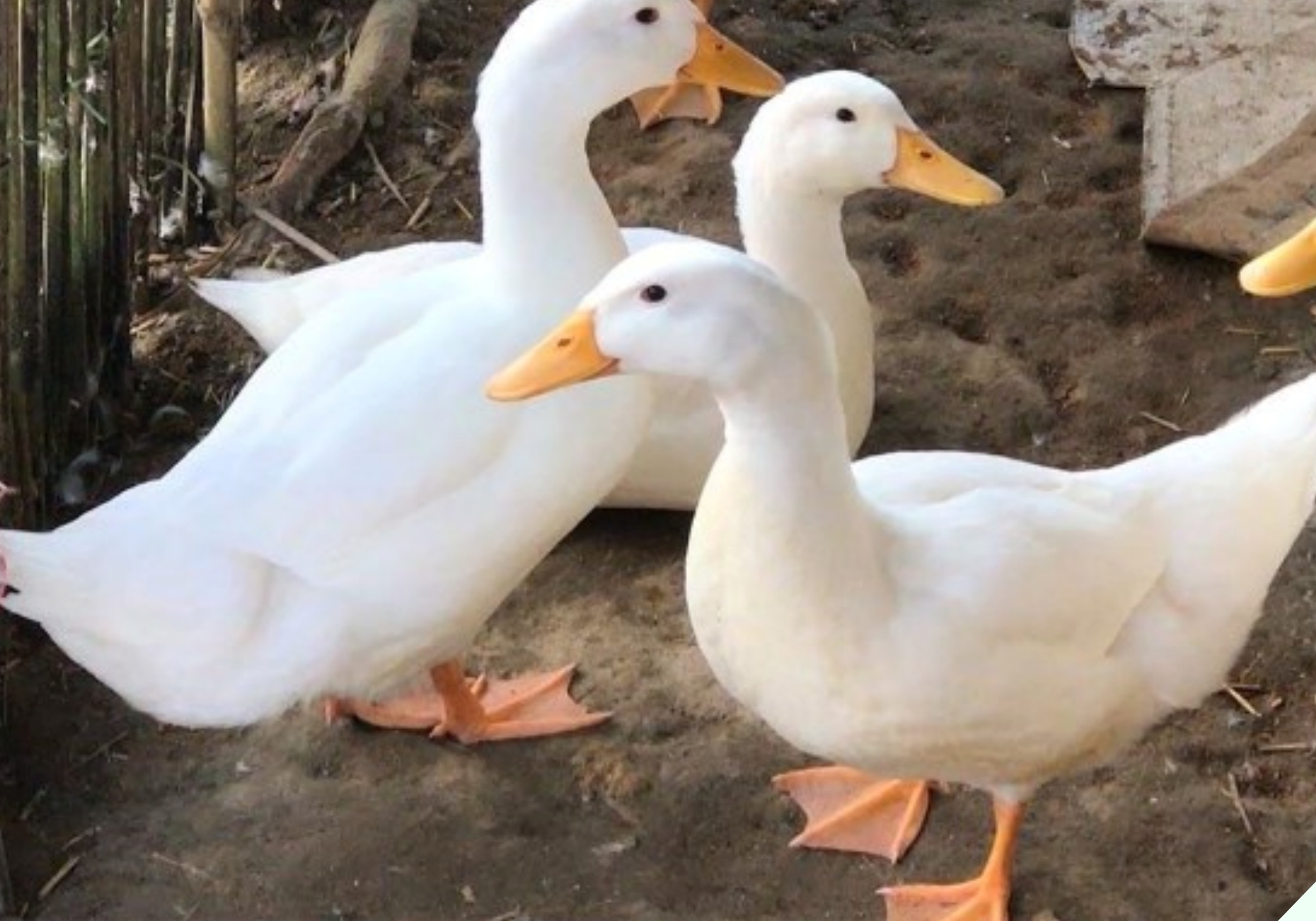
– The duck’s bill should not be too hard or too soft. Typically, a young duck’s bill will be larger and softer, while an older duck’s bill will be smaller and harder.
– Adult ducks will have fully grown feathers, which will be thick and long, with minimal downy feathers.
– Male ducks are generally preferable to female ducks, as they tend to have thicker and more flavorful meat.
– You can also identify a male duck by its slightly hoarse and deep call.
– Observe the duck’s feet; if there is a small layer of fatty tissue and a thin callus, the duck is likely well-fed and meaty.
– There are various types of ducks available today. Grass ducks have less fat, a sweet and fragrant taste, but more bones. Muscovies have thick, firm meat and more lean meat. Super lean ducks have thick meat but are not as flavorful as Muscovies and grass ducks. Choose the type of duck that suits your personal preference.
Delicious Duck Dishes
Once you’ve cleaned your duck, you can cook it in various delicious ways. The traditional method is to boil it. Due to the distinctive smell of duck meat, it’s essential to clean it thoroughly. Remember to add spices like ginger to the boiling pot to neutralize the odor.
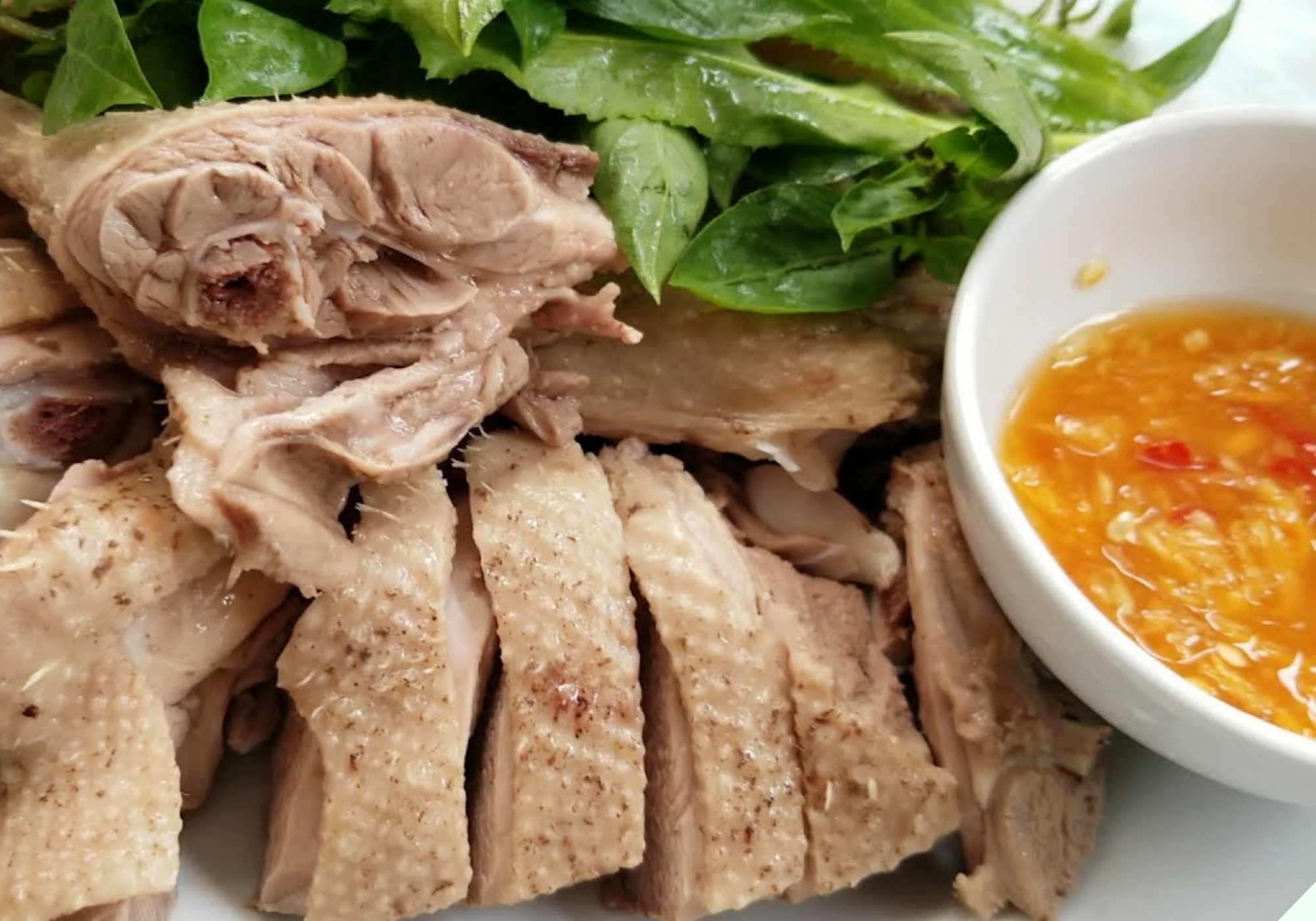
Duck also goes well with sour fruit, creating a unique and tasty dish.
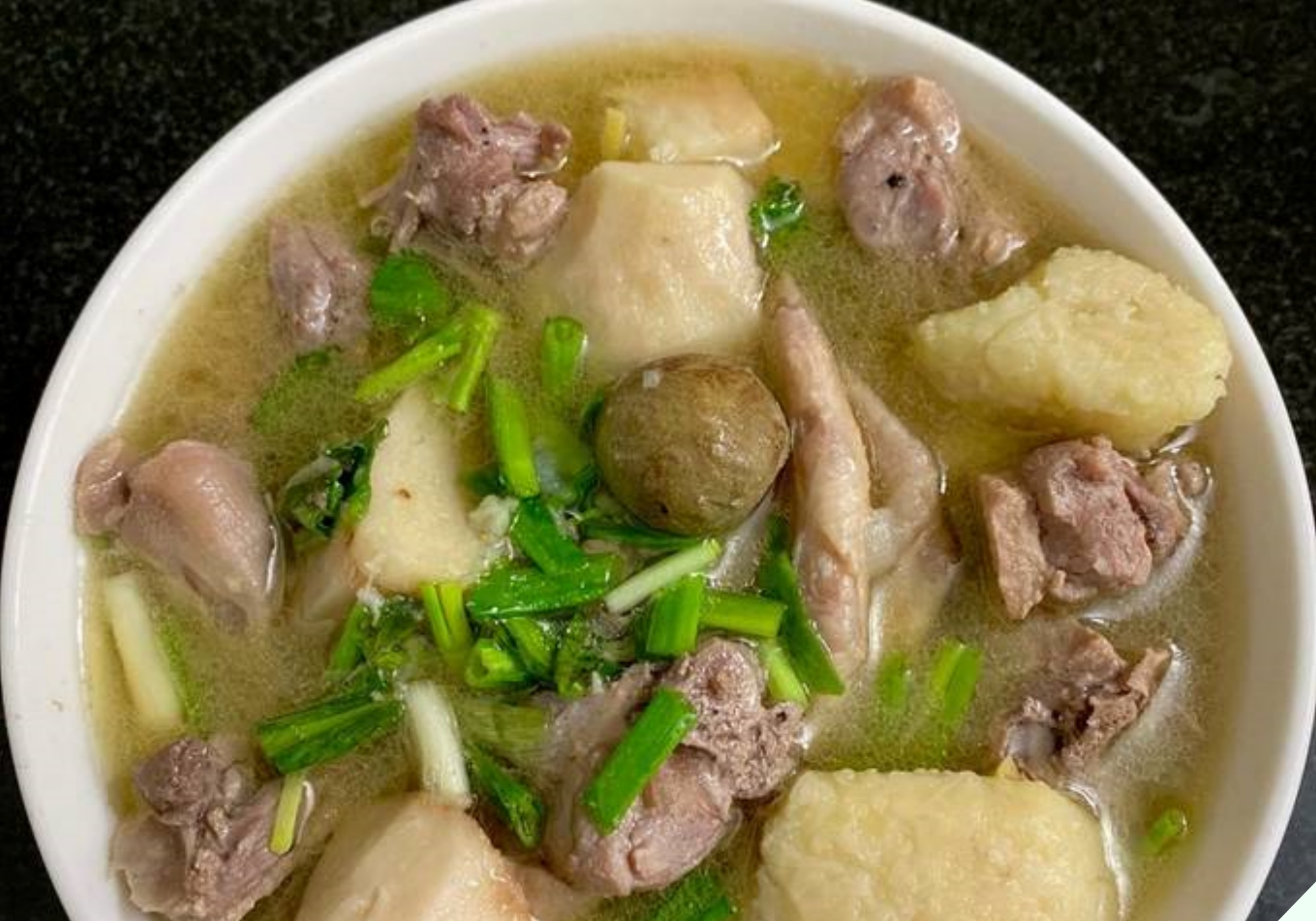
Indulge in the rich and savory flavor of duck cooked in fermented soybean paste.
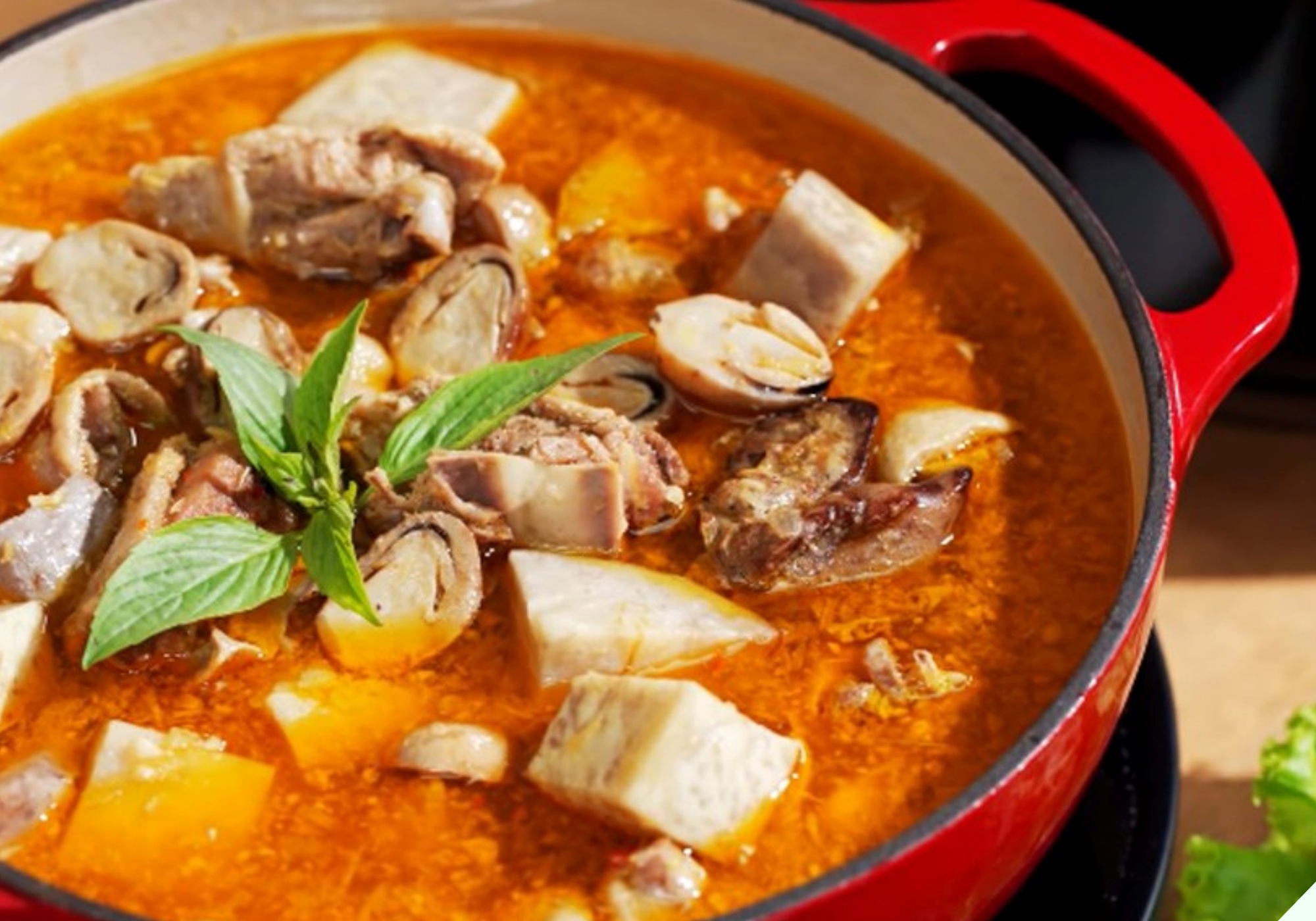
Enjoy the crispy skin and sweet, savory taste of roasted duck.
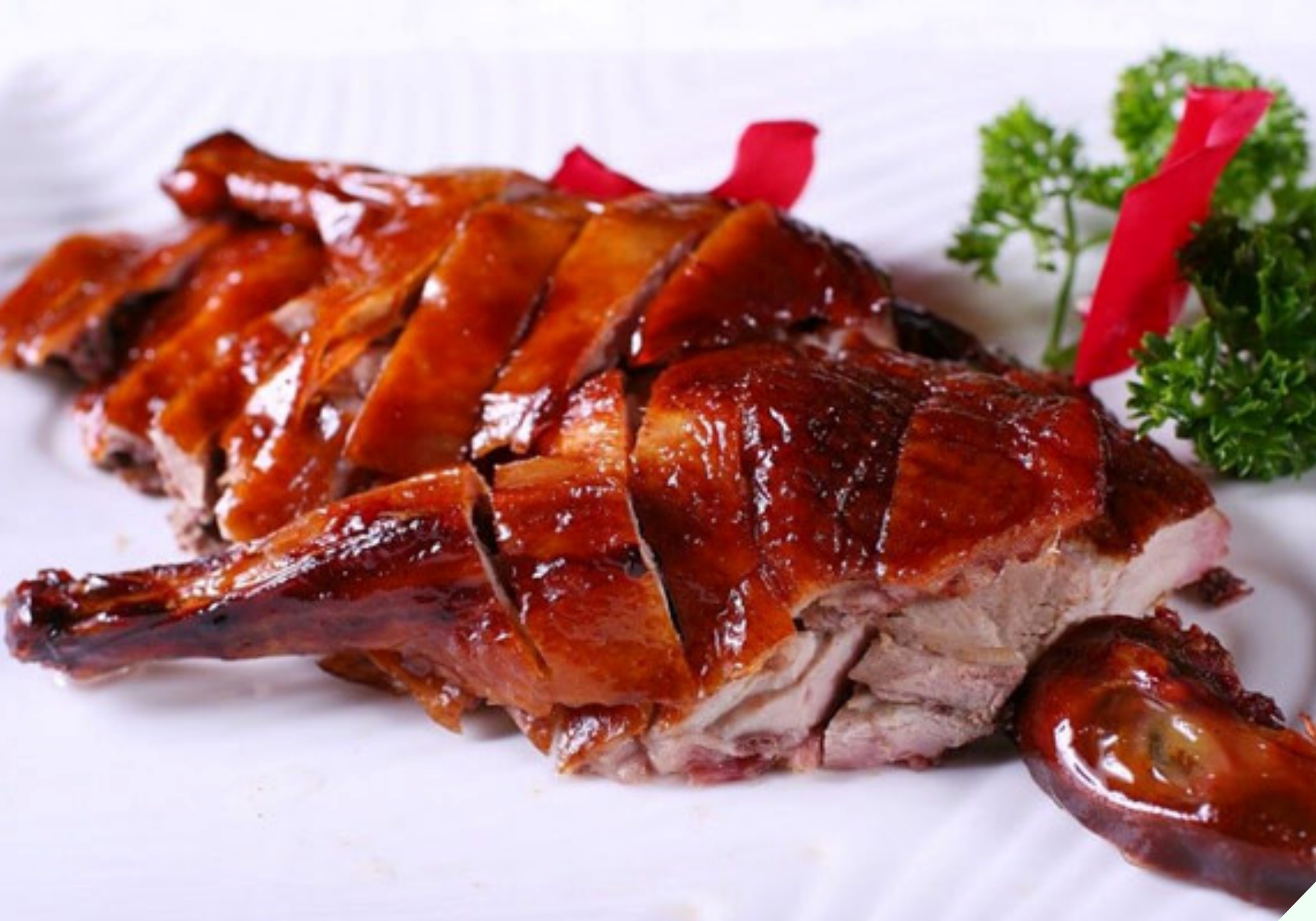
Refresh your palate with a bowl of duck and bamboo shoots served with fresh rice vermicelli.
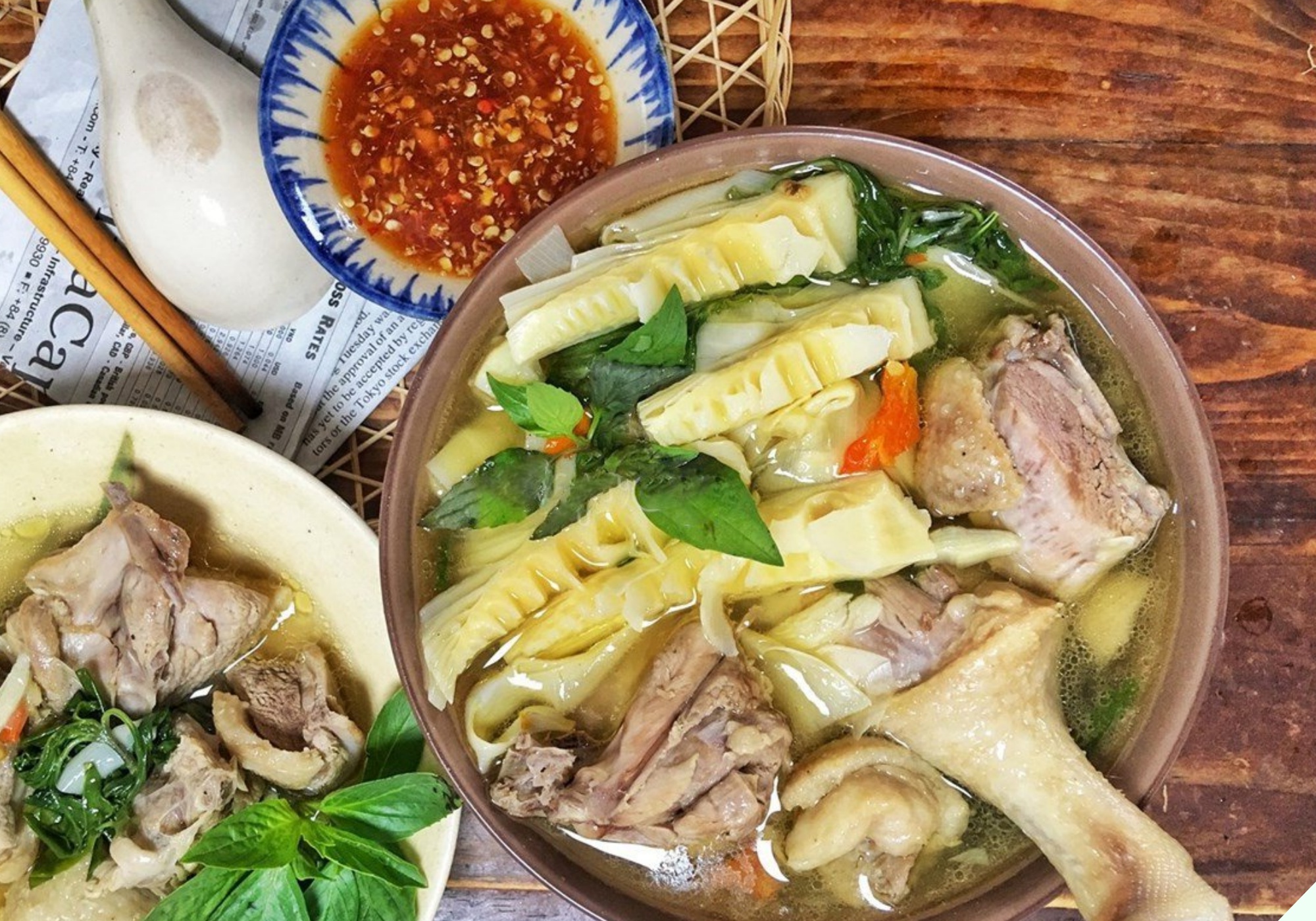
“The Ultimate Guide to Cooking Delicious and Easy-to-Make Duck Noodle Soup with Dried Bamboo Shoots”
The delicious and easy-to-make dry bamboo and duck vermicelli soup is an ideal dish for chilly days. This comforting dish is a perfect blend of flavors and textures, with the tender duck and bamboo providing a unique and satisfying bite. A true culinary delight, this dish will warm you from within and leave you feeling satisfied and content.
























